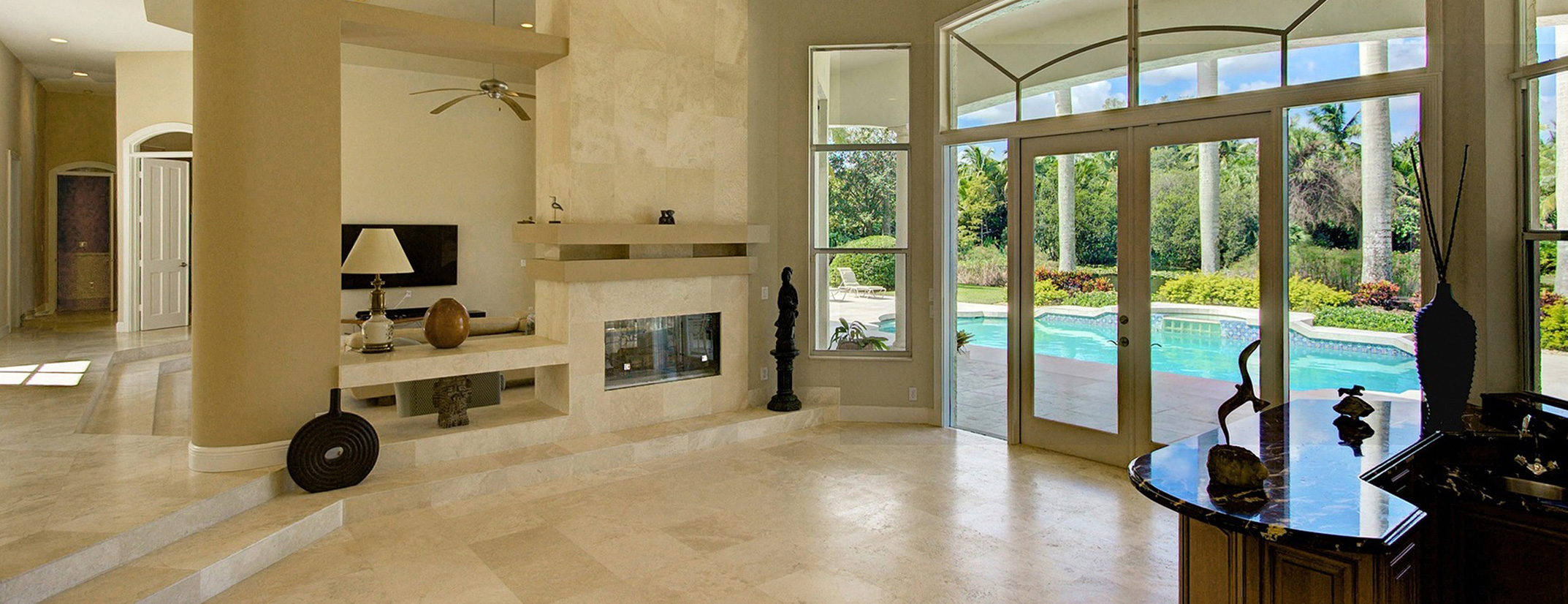A question that is asked by nearly every person who owns a home that has a fireplace or is building a home and is looking to incorporate one – Gas or Wood?
Fireplaces are a great way to supplement your heating system, add a focal point to a room, and provide a cozy and warm feeling on a cold Winter’s day. They can also add value to your home! But when it comes to deciding which type of unit is right for your home, you’ll need to consider several factors before installing your fireplace.
Ambiance – When it comes to the look and feel of your fireplace there are vast differences between wood and gas. If you prefer the crackling and popping sounds along with that wonderful smoky smell, then a wood burning fireplace is the way to go. While a gas fireplace can create gorgeous, uniform flames, there’s something relaxing and classic about a wood burning system.
Ease of Use – A gas fireplace requires very little effort to start – usually just a flip of a switch or push of a remote. It’s the clear winner when it comes to starting your fire in a hurry. A woodburning system can take a while to get started, especially if you have to split the wood and carry it inside first.
Cleanliness – Woodburning fireplaces produce a lot of ash and debris that need to be cleaned out after each use. A gas fireplace on the other hand, doesn’t require any downtime for cleaning between uses. If you want a system with little cleaning, gas is a much better option. It also produces much fewer emissions while burning. There is all that smoky smell that some people love, others do not. Gas fireplaces are smoke-free.
Cost – There are a lot of factors to consider when talking cost. If you have no chimney or current fireplace, adding a woodburning fireplace could be VERY expensive. If you already have a setup in your home and are considering installing a gas unit or using wood – you will need to factor in a few items. The cost of fuel for a gas unit vs. any costs you may have with obtaining wood, splitting it, and storing it. If you have a surplus of your own wood that you can cut yourself, a wood fireplace is a much more cost-effective option. If you need to purchase wood and have it delivered, you’ll need to factor that in. You’ll pay more to have it split as well. Plus, your time to stack it and bring some into the house as needed. The cost of gas can fluctuate year after year and even throughout the year. You’ll need to weigh your own options to determine which system makes the most sense cost wise.
Safety – When used properly, both gas and woodburning fireplaces can be very safe to use. However, each system has its own safety concerns. When using a gas fireplace, you’ll want to make sure to have a licensed contractor install both the gas lines and the unit. A faulty installation or gas line could be a safety risk if not done properly. Wood burning systems don’t have those issues, but a buildup of creosote in the chimney could catch on fire if not cleaned properly. You also have an increased risk of burns when adding wood to the fire if you aren’t careful.
Look – Like art, this is more subjective. If you have a modern home, you may prefer the look of a gas insert. It provides a nice clean look with little accompanying equipment like pokers, wood holders, and ash cans. However, an older farmhouse or colonial may look better with a traditional wood burning fireplace. Make sure to consider the style and period of your home plus your own personal preferences.
Efficiency – A woodburning fireplace may be giving off thousands and thousands of BTU’s – but it’s also allowing as much as 60% of that heat to escape up the chimney. It can also allow warm air from the room to escape up the chimney as well when not lit. A gas fireplace will still allow some heat to escape up the chimney, but it’s much more efficient than a wood burning system.
While both options have their pros and cons, it’s really a personal choice between wood burning or gas. If you’d like more information on the gas fireplace systems that Baribault Fuel sells, please contact us today.

